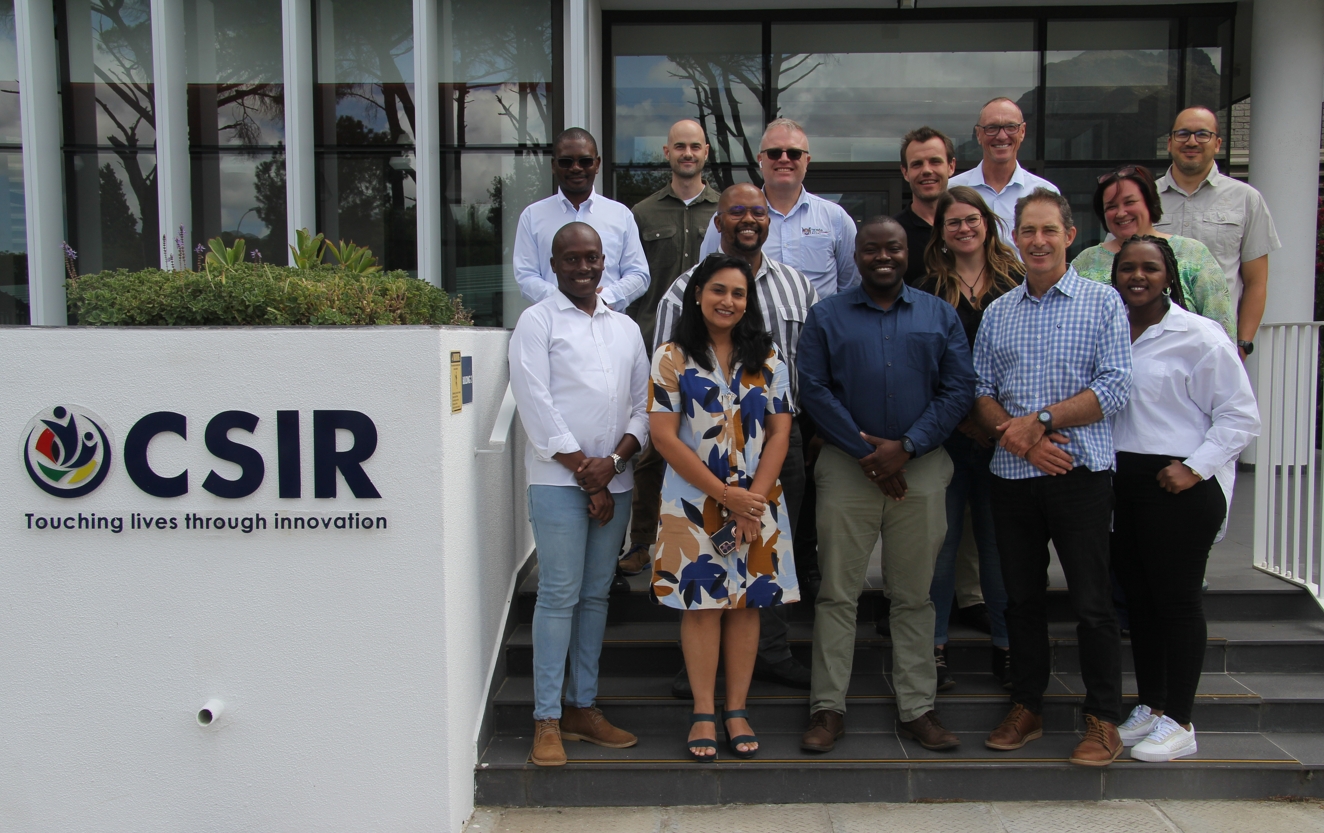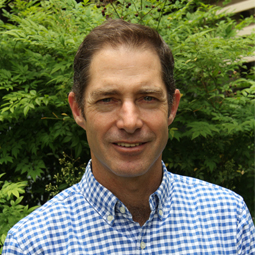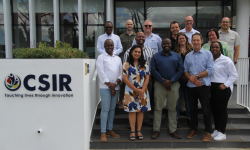CSIR conducts environmental assessment for proposed green hydrogen hub
The organisation has been appointed by South African National Energy Development Institute (SANEDI) to conduct a Strategic Environmental Assessment (SEA) for the Boegoebaai Port, Special Economic Zone (SEZ) and Namakwa Region in the Northern Cape.
The 18 to 24-month study is a collaborative effort involving the Northern Cape Economic Development, Trade and Investment Promotion Agency (NCEDA) and Transnet National Ports Authority. It aims to investigate opportunities and constraints in developing the port and SEZ. This is all to support the international development of a green hydrogen economy and the global need to defossilise energy generation.
Proposed green hydrogen hub
Globally, initiatives are being pursued to generate green energy that does not utilise fossil fuels. South Africa has the potential to contribute to this global imperative, through the development of a central hub for the production and export of green hydrogen in the Northern Cape. The hydrogen is to be produced using the abundance of renewable energy within the Northern Cape.
Integrating environmental considerations into policies, plans, programmes and evaluating the inter-linkages with economic and social considerations is a longstanding practice at the CSIR. The organisation has been appointed by South African National Energy Development Institute (SANEDI) to conduct a Strategic Environmental Assessment (SEA) for the Boegoebaai Port, Special Economic Zone (SEZ) and Namakwa Region in the Northern Cape.
The 18 to 24-month study is a collaborative effort involving the Northern Cape Economic Development, Trade and Investment Promotion Agency (NCEDA) and Transnet National Ports Authority. It aims to investigate opportunities and constraints in developing the port and SEZ. This is all to support the international development of a green hydrogen economy and the global need to defossilise energy generation. The SEA will focus on the following two areas:
- At a local scale: adopting Utilising a multi-scale approach, the SEA will address the sustainability aspects of the proposed port and SEZ development, covering an area of approximately 33 500 hectares.
- At a regional scale: the SEA will address sustainability issues associated with the Northern Cape green hydrogen economy for the Namakwa area.
The CSIR has extensive experience in conducting SEAs, having completed more than 50 SEAs dating back to the early 1990s. “We have experience from conducting SEAs for ports and special economic zones, such as those at Coega and Saldanha. Additionally, we bring recent learning from conducting a programme of SEAs for the national government in support of the Strategic Integrated Projects over the past 11 years, covering areas like renewable energy, electricity transmission corridors and gas pipeline corridors,” says Paul Lochner, manager of the CSIR Environmental Management Services research group.
The CSIR is renowned for being a leader in the theory and practice of SEA. The organisation has conducted some of the largest programme of SEAs undertaken in the world for wind and solar energy, gas pipelines, aquaculture and shale gas development.

for the inception workshop at its Stellenbosch regional site.



